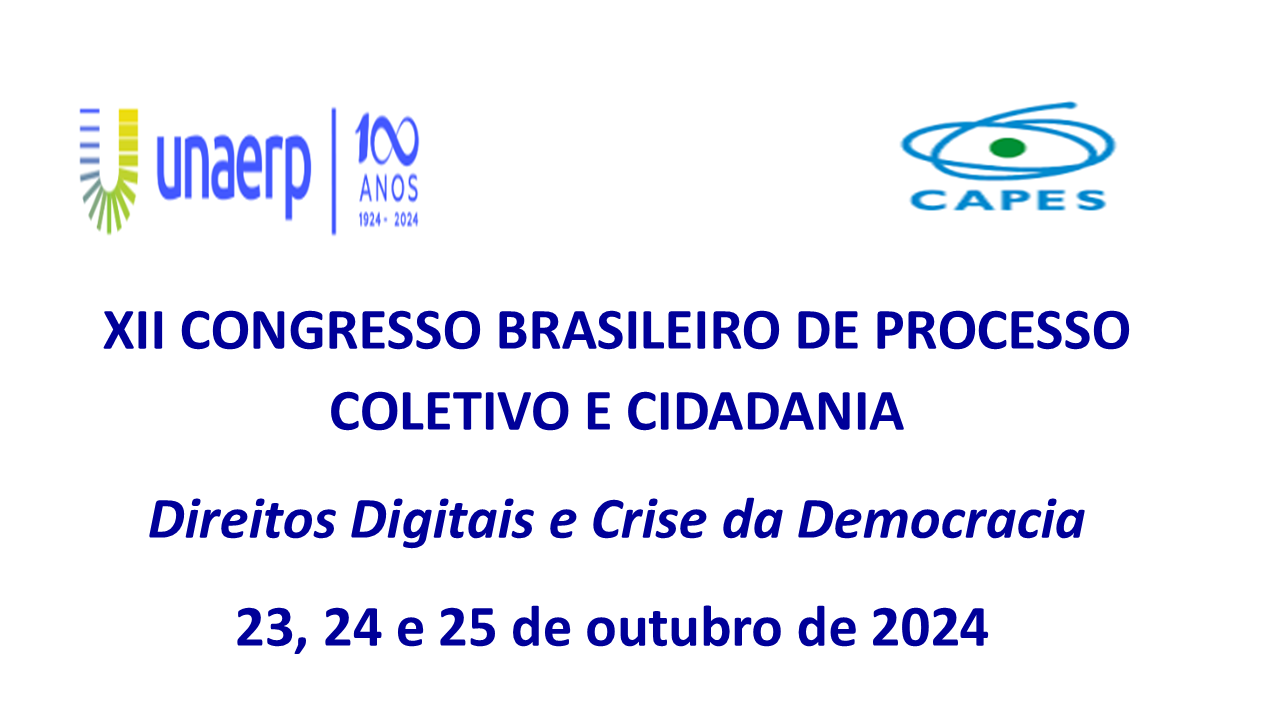SOCIAL IMPACT OF ONLINE GAMBLING AND ITS DEMOCRATIC CONSEQUENCES
Abstract
The research aims to identify the main legal challenges arising from the absence of regulation of digital gambling and its impacts on social and democratic rights. It is noted that some social consequences caused by this practice include the increase in social inequality linked to the allocation of resources unavailable for human subsistence and family breakdown, which contributes to the rising demand for public health and education services. The central question that this article seeks to answer is: how is the absence of regulation of online gambling related to the worsening of social problems and democratic erosion in Brazil? To answer this research question, a hypothetical-deductive methodology was employed, structured around the hypothesis that the lack of regulation exacerbates these issues. This involved analyses of scientific articles, studies of current legislation, as well as reviews of recent columns, reports, and editorials. The results indicate that the lack of regulation in Brazil hampers control over the practice, increasing inequalities and contributing to democratic erosion due to income concentration and influence over electoral campaigns. Therefore, robust regulation is essential to mitigate negative effects through awareness campaigns, economic limits, strict oversight, and investigations focused on combating crimes associated with online gambling.
Keywords: Regulation of digital gambling; social impacts of gambling addiction; democratic fragility
Downloads
Published
How to Cite
Issue
Section
License
Copyright (c) 2024 Anais do Congresso Brasileiro de Processo Coletivo e Cidadania

This work is licensed under a Creative Commons Attribution-NonCommercial-NoDerivatives 4.0 International License.
